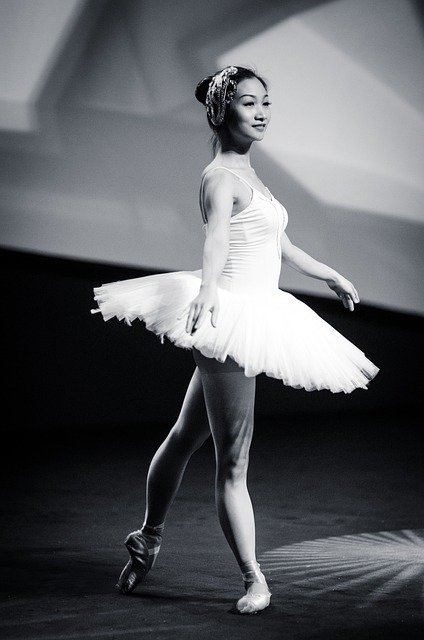Sober Curiosity: Redefining Social Norms and Personal Wellness
The concept of sober curiosity is reshaping how we approach alcohol consumption and social interactions. This growing movement challenges long-held beliefs about drinking culture, encouraging individuals to explore life without alcohol, whether temporarily or long-term. Read below to delve into the societal implications and personal benefits of this intriguing trend.

The Origins of Sober Curiosity
The term sober curious was popularized by Ruby Warrington in her 2018 book, Sober Curious: The Blissful Sleep, Greater Focus, Limitless Presence, and Deep Connection Awaiting Us All on the Other Side of Alcohol. However, the roots of this movement can be traced back to earlier health and wellness trends. The rise of mindfulness practices, increased awareness of mental health, and a growing emphasis on holistic well-being have all contributed to the emergence of sober curiosity as a distinct cultural phenomenon.
Changing Perceptions of Alcohol in Society
Historically, alcohol has played a central role in social gatherings, celebrations, and stress relief across many cultures. However, recent years have seen a shift in attitudes, particularly among younger generations. Factors contributing to this change include:
-
Increased awareness of the health risks associated with alcohol consumption
-
A desire for more authentic social connections
-
The rise of social media and its impact on how people socialize
-
Growing emphasis on productivity and personal development
-
Changing work cultures that are less centered around after-work drinks
The Role of Social Media and Influencer Culture
Social media platforms have played a significant role in popularizing and normalizing sober curiosity. Influencers and celebrities sharing their experiences with alcohol-free lifestyles have helped destigmatize the choice not to drink. Hashtags like #SoberCurious and #MindfulDrinking have created online communities where individuals can share tips, support, and experiences related to reducing or eliminating alcohol consumption.
Impact on the Beverage Industry and Nightlife
The sober curious movement has prompted significant changes in the beverage industry. Non-alcoholic alternatives, once limited to sugary sodas or plain sparkling water, have evolved into sophisticated, craft-style beverages. Mocktails, alcohol-free spirits, and non-alcoholic beers have seen a surge in popularity and quality, catering to those seeking complex flavors without the effects of alcohol.
Nightlife and socializing have also been impacted, with sober bars and alcohol-free events gaining popularity in major cities. These venues offer the atmosphere and social interaction of traditional bars without the presence of alcohol, challenging the notion that drinking is necessary for a night out.
Personal and Societal Benefits of Sober Curiosity
Embracing sober curiosity can lead to numerous personal benefits, including:
-
Improved physical health and sleep quality
-
Enhanced mental clarity and emotional stability
-
Increased productivity and focus
-
Better financial health due to reduced spending on alcohol
-
More authentic relationships and social interactions
On a broader scale, the sober curious movement has the potential to reduce alcohol-related societal issues, such as drunk driving incidents, alcohol-related violence, and the economic burden of alcohol abuse on healthcare systems.
Challenges and Criticisms
While the sober curious movement has gained traction, it faces challenges and criticisms. Some argue that it promotes an all-or-nothing approach to alcohol consumption, potentially stigmatizing moderate drinkers. Others point out that the movement, with its focus on wellness and self-improvement, may inadvertently exclude individuals struggling with alcohol addiction who require more comprehensive support.
Additionally, the sober curious lifestyle, with its emphasis on premium non-alcoholic beverages and wellness activities, has been criticized for being accessible primarily to more affluent demographics, potentially creating new forms of social exclusion.
The Future of Sober Curiosity
As the sober curious movement continues to evolve, it is likely to have lasting impacts on social norms, the beverage industry, and public health initiatives. Experts predict a continued rise in alcohol-free options and spaces, as well as a broader societal shift towards more mindful consumption habits.
The movement may also influence policy-making, potentially leading to increased funding for alcohol awareness programs and research into alternatives to traditional addiction treatment approaches.
Navigating Sober Curiosity in a Drinking Culture
For individuals interested in exploring sober curiosity, navigating social situations in a predominantly drinking culture can be challenging. Strategies for success include:
-
Communicating openly with friends and family about your choices
-
Seeking out sober curious meetups or events
-
Experimenting with non-alcoholic beverages to find enjoyable alternatives
-
Focusing on activities and hobbies that do not revolve around alcohol
-
Practicing mindfulness and self-reflection to understand personal motivations and triggers
Conclusion
The sober curious movement represents a significant shift in how society views alcohol consumption and social interaction. By challenging long-held assumptions about the role of alcohol in our lives, it opens up new possibilities for personal growth, authentic connections, and improved well-being. As the movement continues to gain momentum, it has the potential to reshape social norms, influence industry trends, and contribute to broader public health initiatives. Whether individuals choose to embrace sober curiosity fully or simply become more mindful of their drinking habits, the movement offers valuable perspectives on personal choice, social expectations, and the pursuit of a balanced, fulfilling lifestyle.





